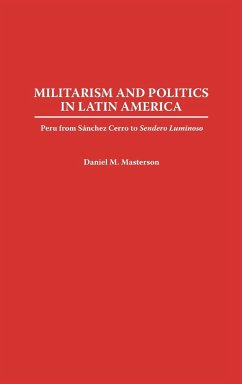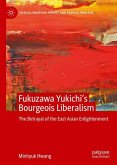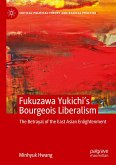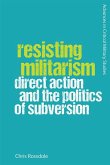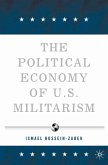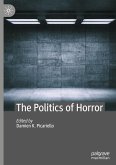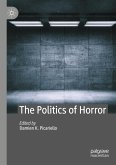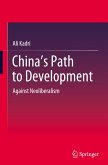This comprehensive case study of the modern Peruvian military examines the professional development of South America's most controversial military establishment from the early 1930s to the present. Based on extensive research in Peruvian military archives and numerous interviews with active and retired members of the Peruvian armed forces, this study is placed in the context of Peruvian national politics and South American military affairs. Particular emphasis is given to the impact of France and U.S. military theory upon the Peruvian military mentality. Revolutionary politics from the Alianza Popular Revolucionaria Americana (APRA) in the 1930s to the present day's Sendero Luminoso also figure prominently. This study also explores the rationale behind General Velasco's social and economic reforms (1968-1975) and assesses the Velasco government's legacy for contemporary Peru. For the first time, the Soviet Union's heavy involvement in Peru is examined. As the only comprehensive case study in English of the modern Peruvian military, this volume will be of interest to students and scholars of contemporary Latin America. This is a detailed historical study of the highly complex Peruvian military establishment and its place in Peruvian society. It includes a review of the 1930s; an in-depth analysis of the armed forces from the late 1930s to the first Belaunde regime (1963-1968); the immediate antecedents of Peru's 12-year military government (1968-1980) known as the Docenio; preliminary overview of the Docenio and its troubled legacy; an assessment of the Sendero Luminoso (Shining Path) insurgency; and a critique of the armed force's counter terrorism campaign. Militarism and Politics in Latin America draws extensively on Latin American and U.S. archival sources, and personal interviews, and includes rare photographs.
Hinweis: Dieser Artikel kann nur an eine deutsche Lieferadresse ausgeliefert werden.
Hinweis: Dieser Artikel kann nur an eine deutsche Lieferadresse ausgeliefert werden.

